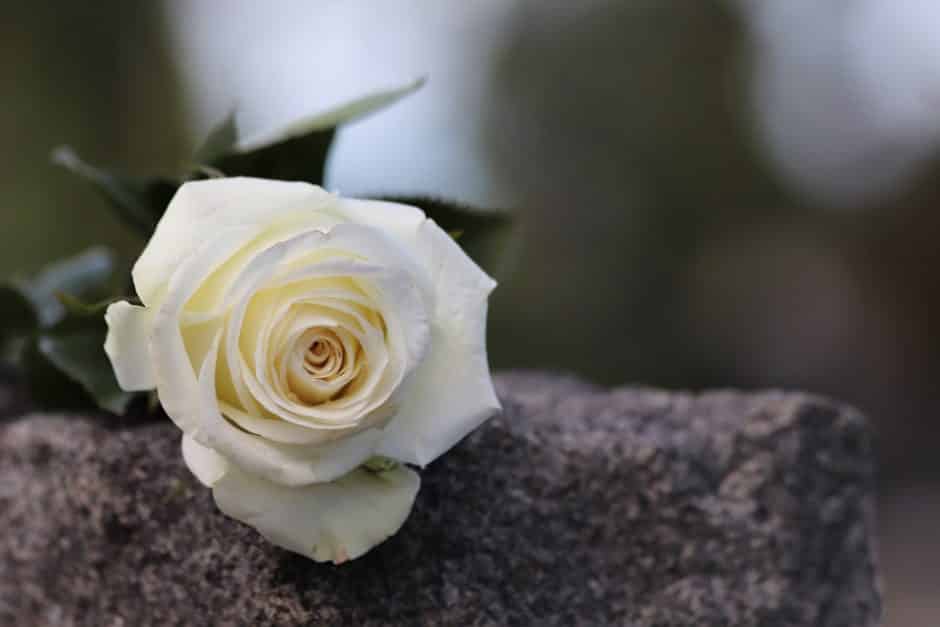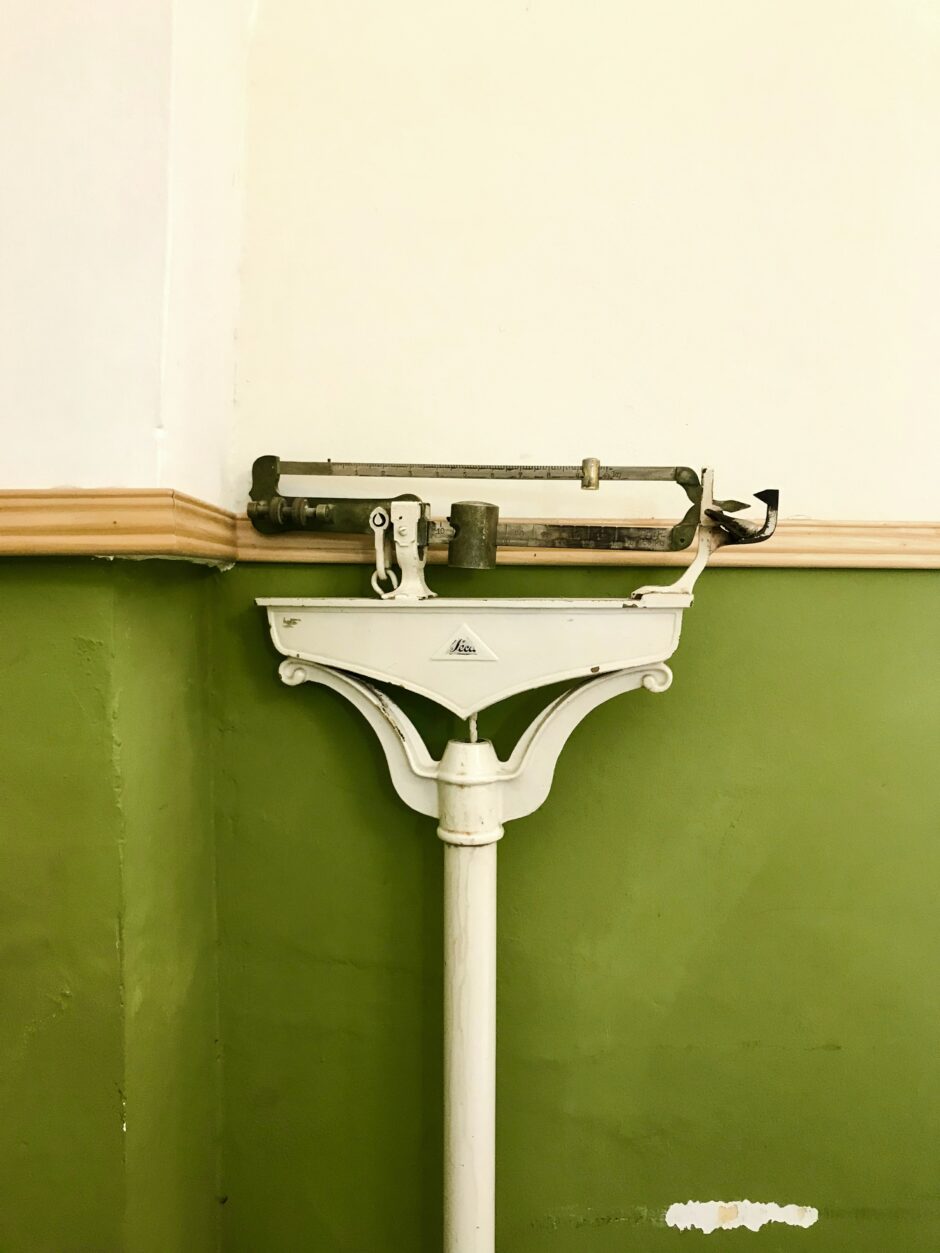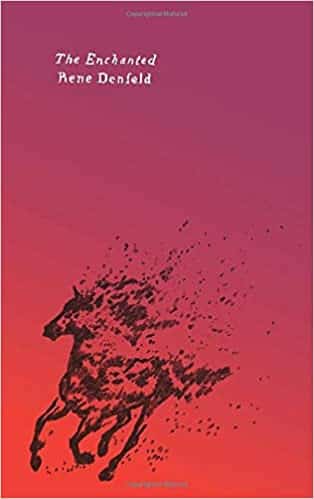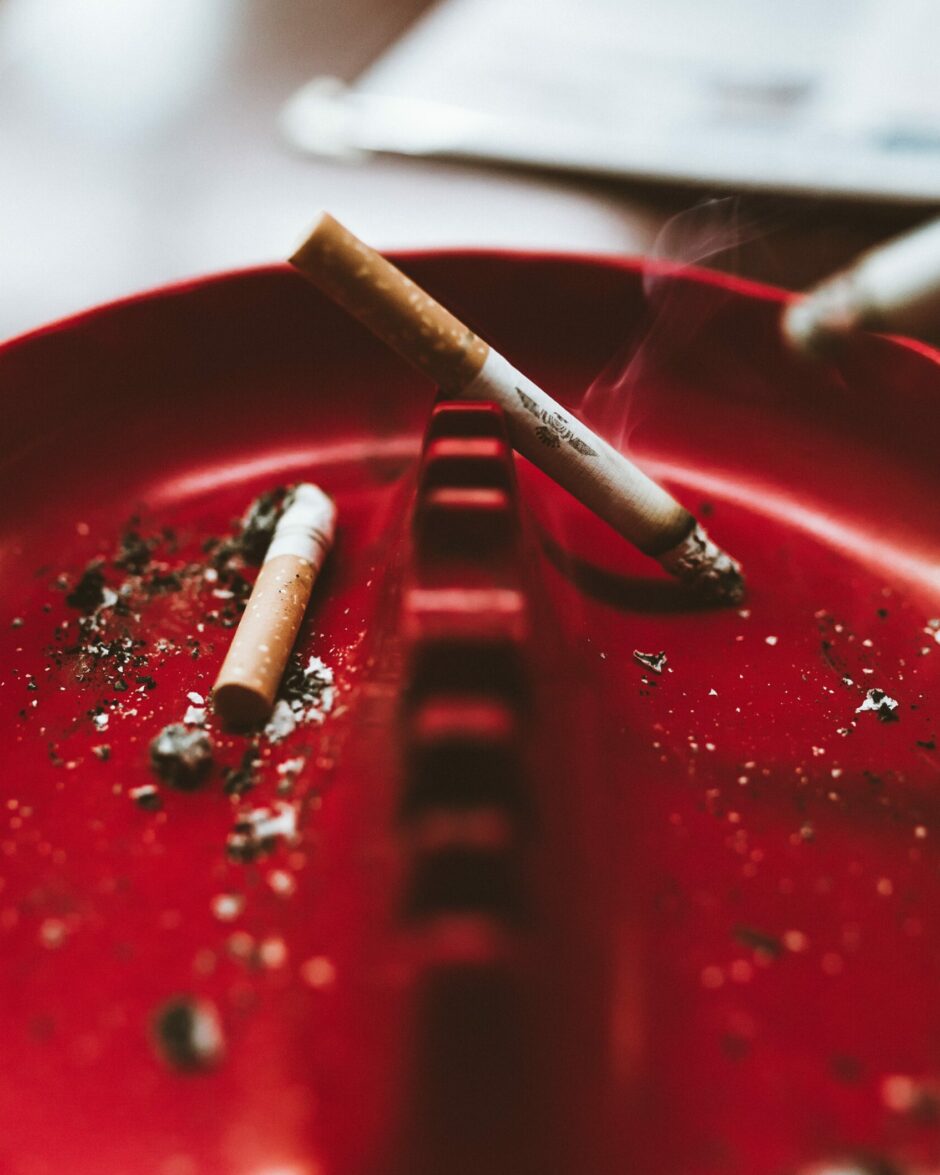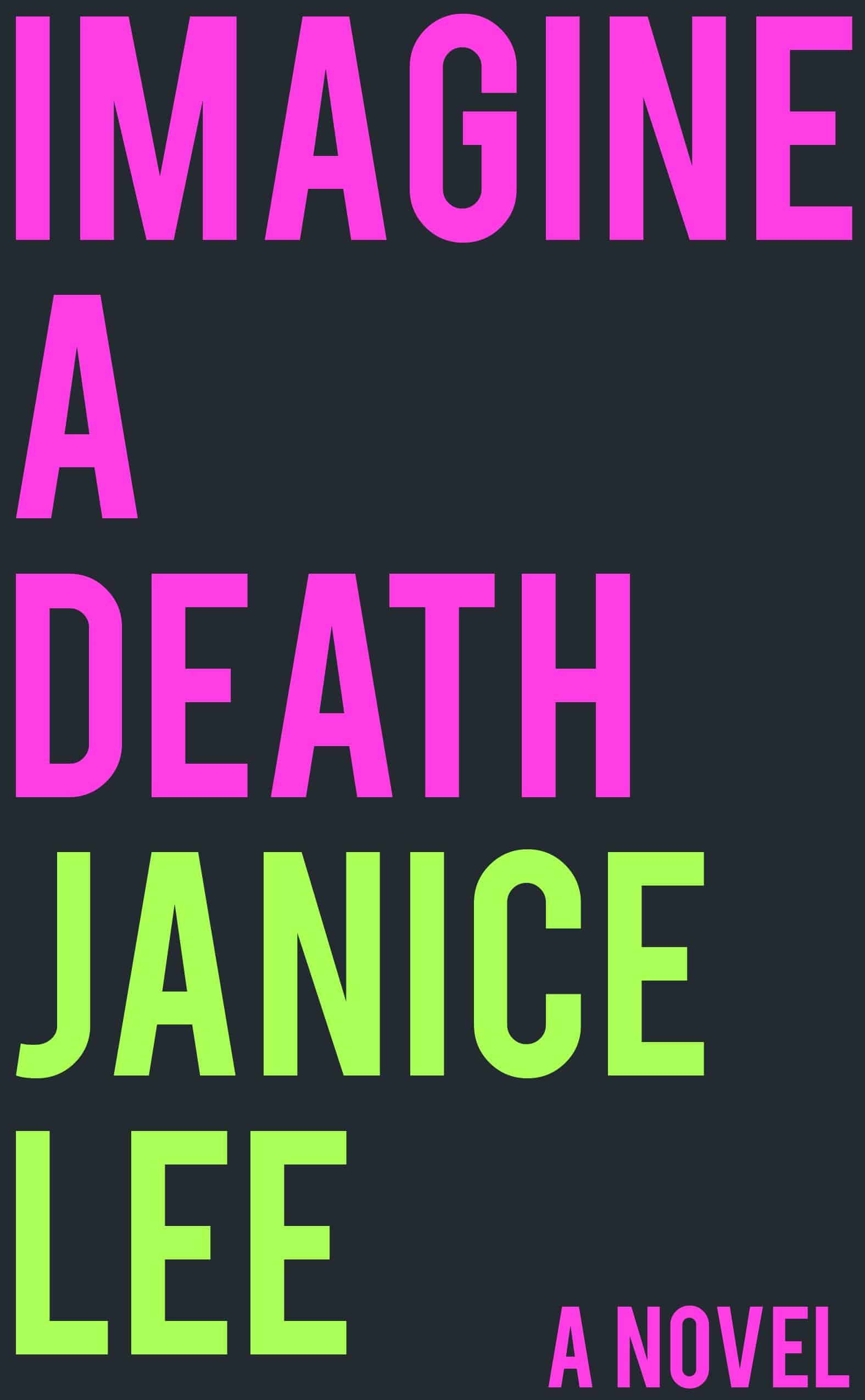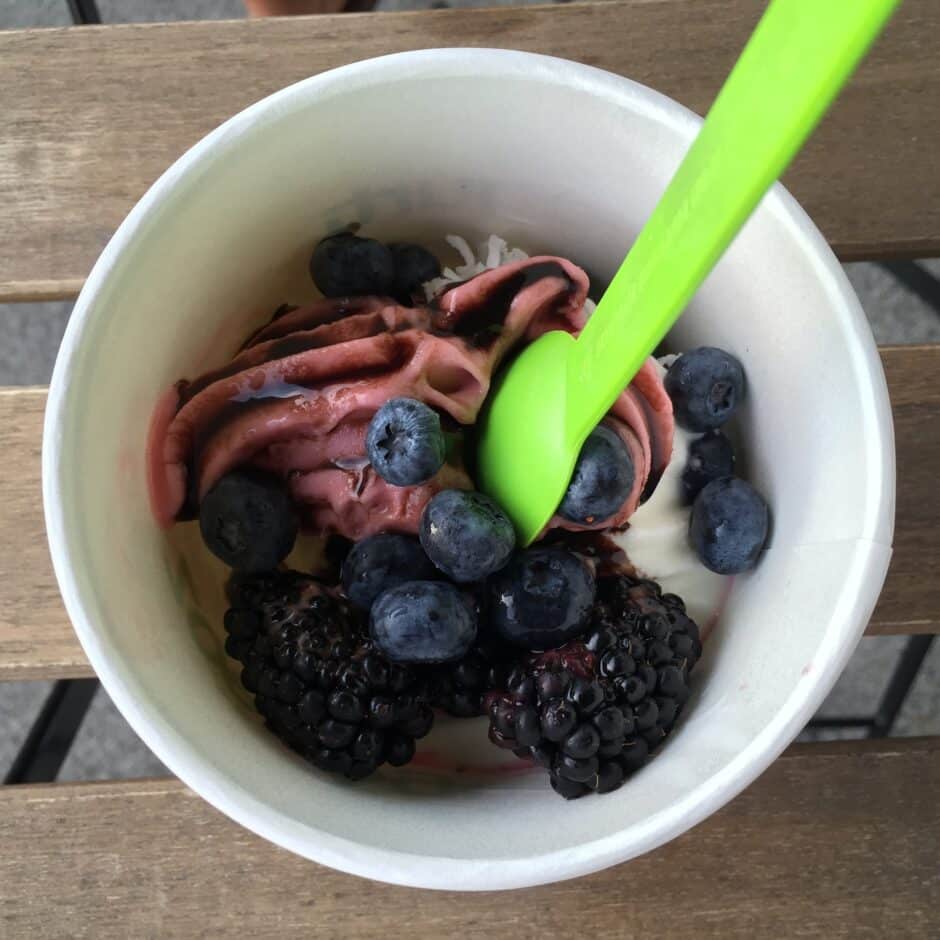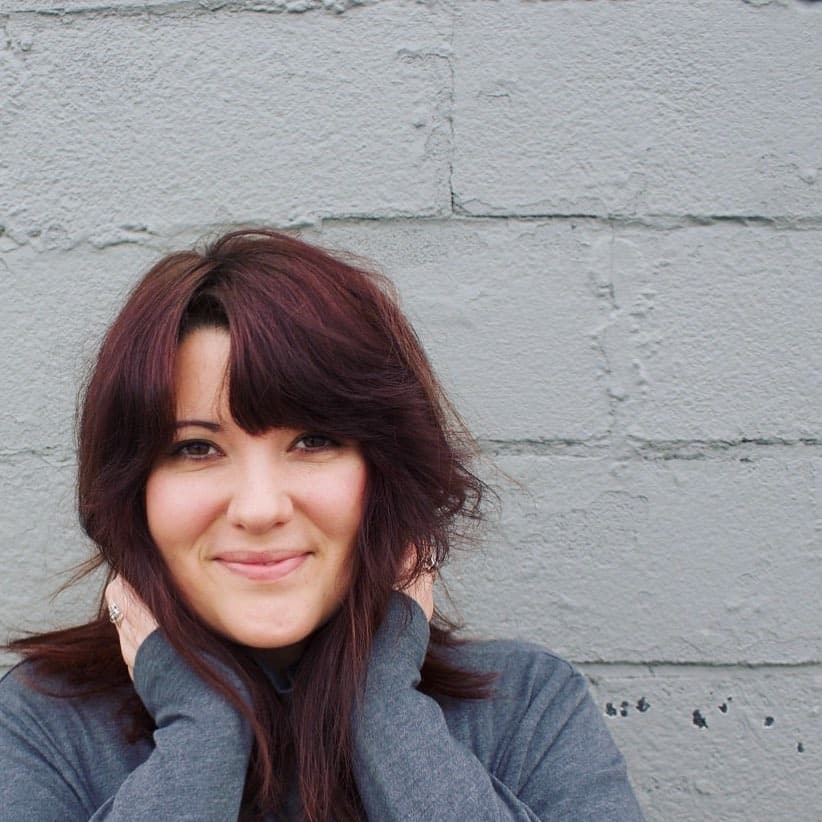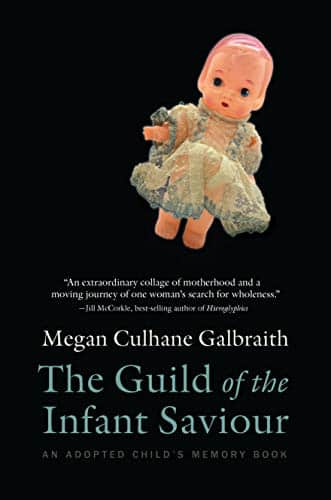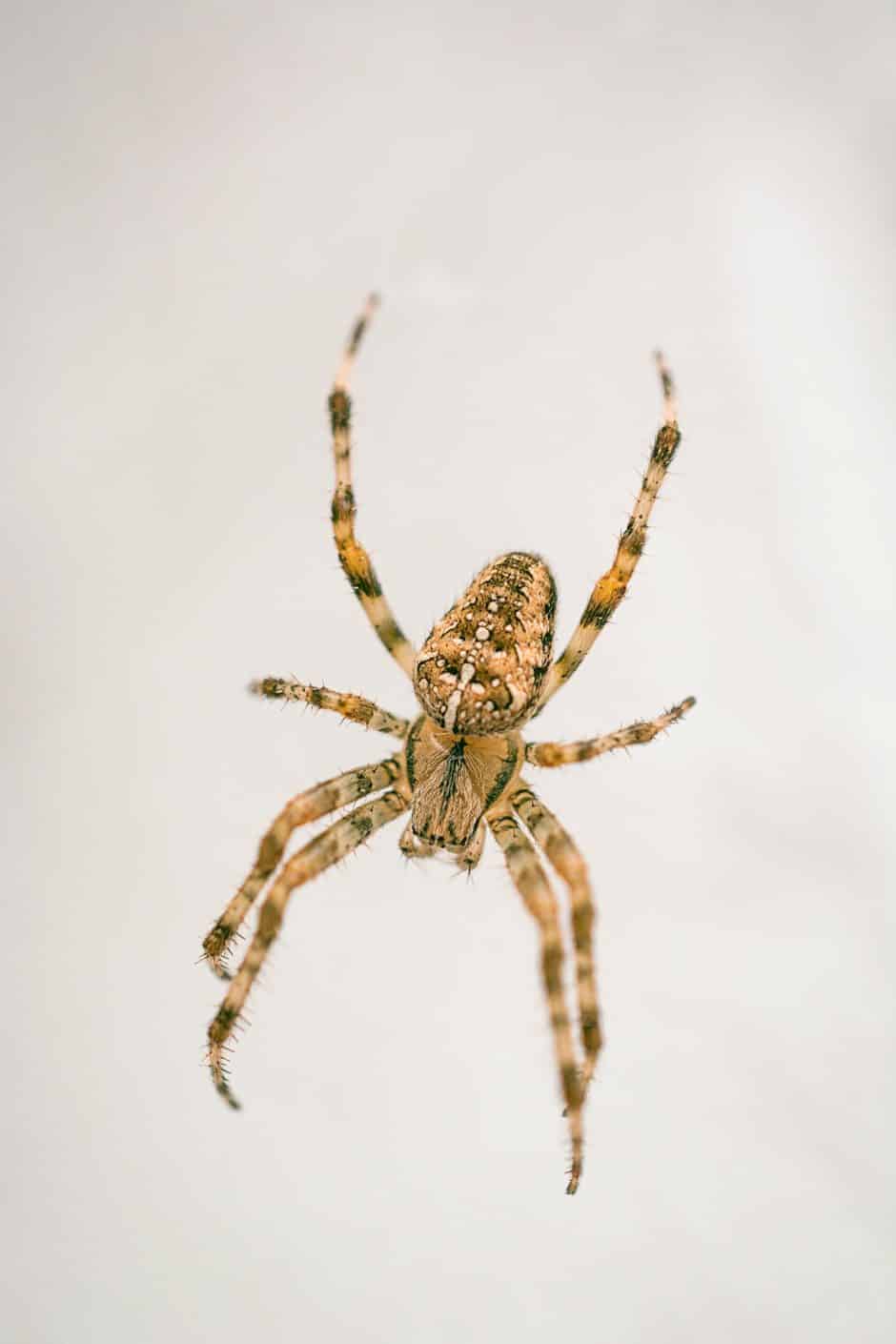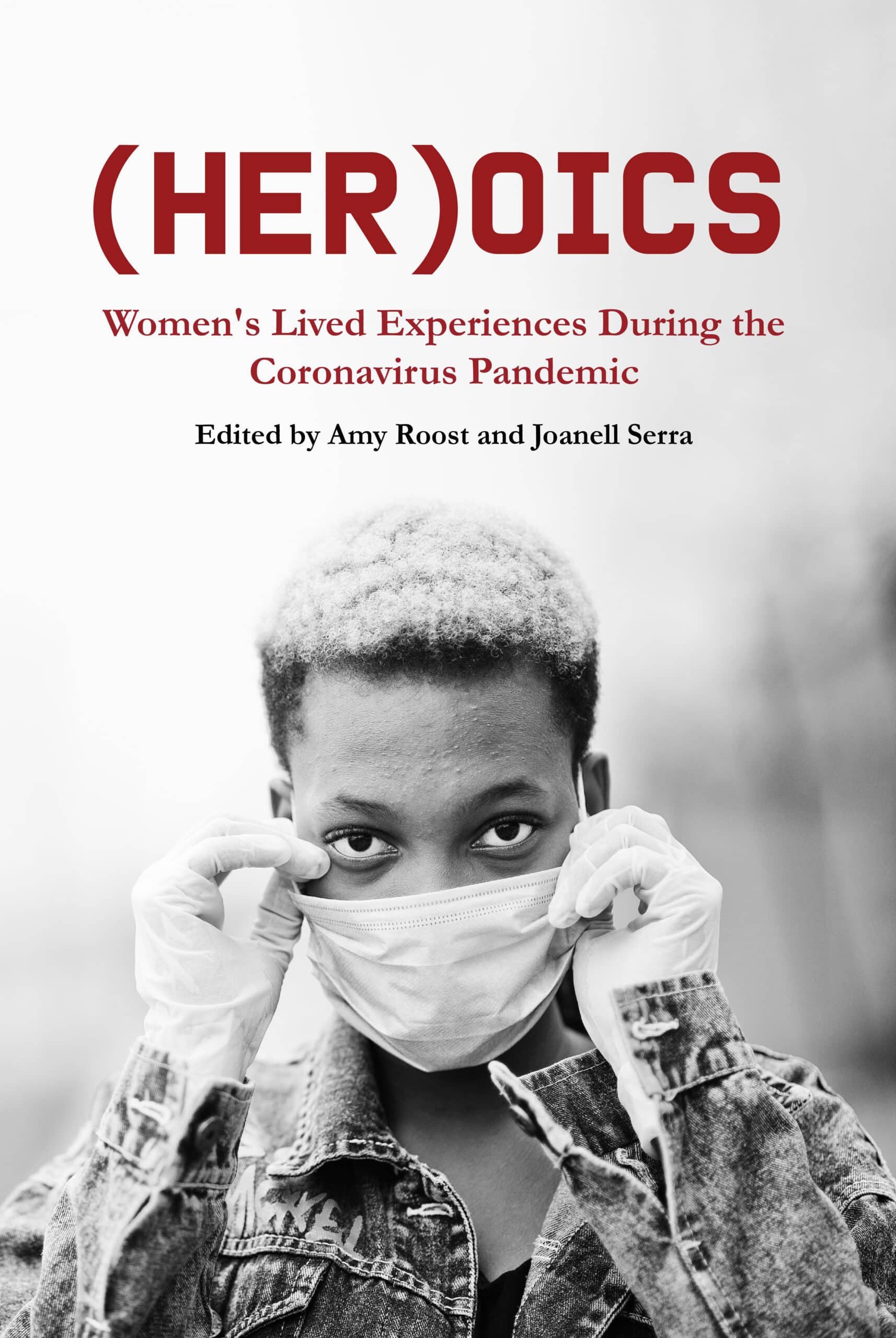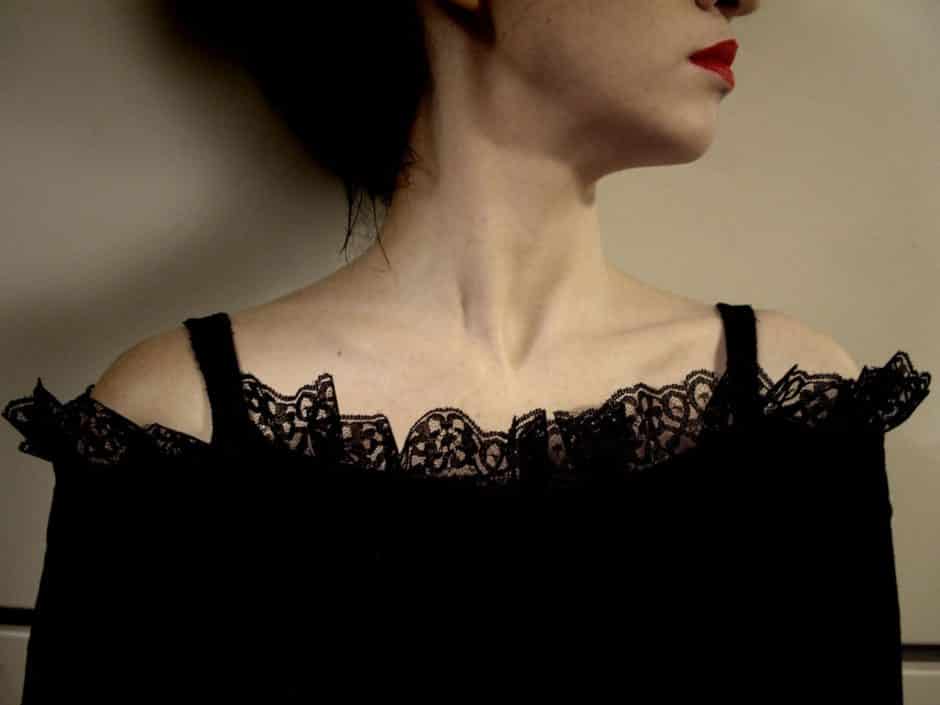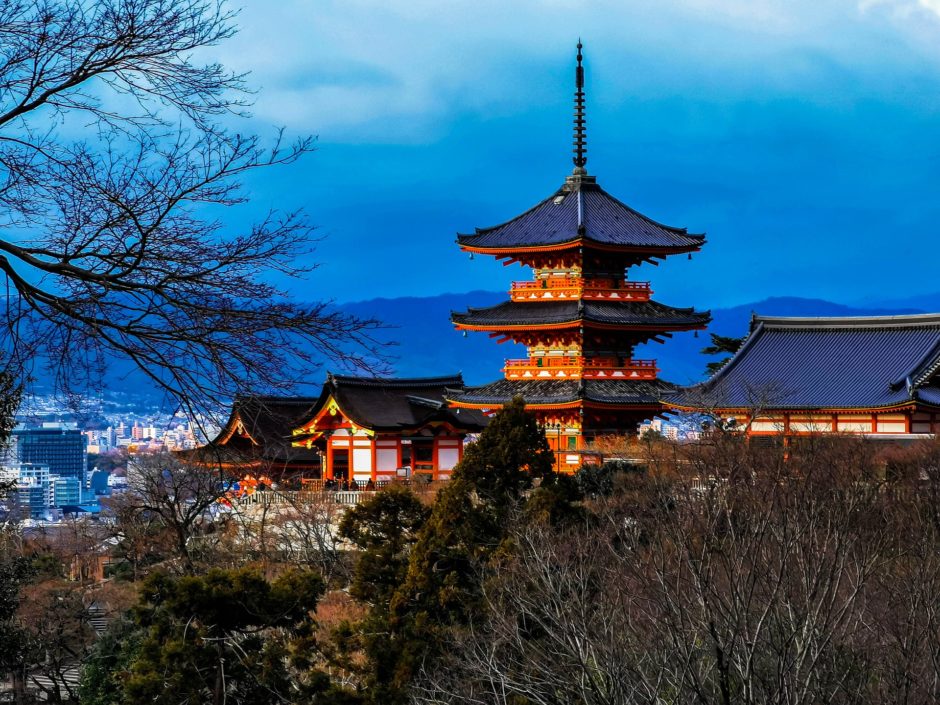By Kris Martinez
Though I’d barely known him, I’d thought about him off and on over the years. If anything, he came to me as a passing thought of the strange way seventh grade had begun with the announcement of our teacher’s death just after Labor Day. The memory was almost always accompanied by the vision of Joyce K. running around the playground at recess in her hand-me-down maroon plaid uniform, the warm September sun shining on her ratty reddish hair as she sang her song in soaring arcs. The old elastic of her graying white knee socks puddled down around her ankles and her arms spread wide as she flew across the blacktop and dashed over the lines of the basketball court, singing, “Mr. Le Vasseur is de-ad! Mr. Le Vasseur is de-ad!”
Every time his memory knocked at the door of my brain I tried to will it away, telling myself I barely had any right to remember him. I didn’t know this man. His story wasn’t mine to tell. And yet, the more I tried to ignore it, the more insistent it became.
When I finalKris Martinez has over twenty-five years of experience as a marketing and advertising professional and has owned a digital creative agency near Chicago for the past sixteen years. Her company’s work has been recognized with dozens of industry awards and she is a member of several professional organizations. Kris’s work has appeared in Enterprising Women Magazine where she was honored in 2018 as an Enterprising Woman of the Year and currently serves as a Board Member and writer. In addition to being a speaker for Crain’s Chicago Business on entrepreneurship and fostering growth among women-led businesses, she has been a guest lecturer at several Chicago-area universities and served as a judge in marketing and advertising competitions. In 2020, Kris will complete her MFA in Creative Nonfiction and Screenwriting from Antioch University Los Angeles. The essay Babyland is excerpted from Descent Into Light, her first book. She has also completed a feature-length screenplay of the same name. Kris and her husband live near Chicago with their three children.ly went looking for him after thirty-five years, there wasn’t much to find. He wasn’t married and didn’t have children. My research uncovered a brother, now deceased. He’d had a niece and nephew and was preceded in death by his parents. I’d long known he was from St. Charles, where we’d lived for the past fifteen years, which I considered a minor coincidence. But it never really occurred to me to look for his grave until the day I was suddenly consumed by the thought and couldn’t focus on anything else.
Union Cemetery on the east side of St. Charles was my destination, just north of town on Route 25, the north-south highway that runs adjacent to the Fox River, about thirty-five miles west of downtown Chicago. It would be impossible to count the times I’d driven past the cemetery, taking Harper to her Little Acorns program at the park district or picking up Maya from birthday parties and outings with the Girl Scouts. In the past thirty-five years that I’d been living my life, Mr. LeVasseur had been there in the ground.
As I drove north on Route 25, I passed the St. Charles Episcopal Church where I’d been to a few A.A. meetings early on in my recovery. On this day, I was happy to see they were proudly flying a rainbow flag with the words, “Everyone is Welcome.” It was a balm to see such an inviting message in a world that seemed to get more divisive by the day.
Across the street is Bethlehem Lutheran Church, where I’d desperately gone after I slipped up and drank again only to find that they were closed. As I dejectedly walked away from the locked doors that day, a woman in black glasses and grey sweatpants asked me if I was looking for a meeting. I said yes. She said it only took two people to meet, so we sat on a cement bench outside the closed doors of the church and she recited all the familiar words by heart. She said that alcoholics slip up all the time, but it’s getting back on the wagon and trying again that counts, so that’s what I did. It was one of the best meetings I’ve ever had.
As I drove past these two churches where I’d laid my sinful heart bare, I checked in with myself: it no longer hurt to remember these things. I needed every last drink to find my bottom. And it took every last meeting to get me on the path of recovery.
I arrived at Union Cemetery and pulled to the side of the paved lane to assess the grounds, not knowing where to begin. Fortunately, I had seen a photo of the headstone someone had posted online. It was a red granite stone, at a low angle to the ground. Newer, if thirty-five years is new. Which I guess it is in a cemetery.
It was a warm day, sunny and in the upper eighties with the humidity creeping towards one hundred percent. The grass was thick with moisture and clung to my flip-flopped feet as I worked my way methodically up and down the rows, training my eye on only the newer, red granite stones.
As I read name after name, the concept of a grave marker intrigued me. It contains only the barest of facts: a name, the dates of birth and death, and that’s usually about it. A veteran will typically have the details of his or her branch and years of service. Some people opt for a short poem or scripture passage, but not often.
I saw many headstones that had the word Mother or Father etched into them. The deceased’s children or family would have placed these stones and settled on this singular word to describe their loved one. But these people – they weren’t just Mother or Father. They were Son, Daughter. Friend. Sister. Aunt. Lover. At what point does one decide: now, forever more, she shall be known as Mother? Such a commitment to confining the dead to a single-word description in her relationship to others. How can one’s life be summed up on a single stone? And yet – isn’t it our relationships with others that matter most?
I came across several old St. Charles families I recognized, notable names like Baker, Anderson, and Norris. So many prominent people who’d had roads, parks, and hotels named after them like Beith, Farnsworth, and Dunham. These were distinguished people who’d made names for themselves in life and whose elaborate gravesites now served as permanent reminders of their lasting influence – or at least, their wealth. Now, they were all gone.
I thought of how all of these people had lived and died. What had their lives been like? Did they accomplish everything they wanted in whatever time they’d been given? What sort of pain and suffering had they gone through? How did they die? But more importantly: how had they lived?
I tried to peel my shirt away from the river of sweat that was now running down my back. The heat almost suffocated me as another elaborate stone jolted me with its familiar name: Swanberg, the country road near our home. It was to Swanberg Road I’d gone on the day I decided to end my life. After texting my husband and siblings goodbye and telling them to tell my kids I loved them, I’d planted my feet in the middle of Swanberg Road as a Mack truck barreled down on me, closing my eyes as I prepared for impact.
Swanberg Road was the site of my second suicide attempt, and I was here to visit the grave of my teacher who had died by suicide. I thought of this now as I stood looking at this headstone. I closed my eyes and took a deep breath. I listened to the insects buzzing nearby and felt the warm sun on my skin. I put my hand on my chest to feel my beating heart and the rise and fall of my breathing. I needed to remind myself that though these Swanbergs were gone, I was still here.
As I searched for my teacher, I thought of how he had lived. I realized again that though I knew nothing about this man, his death had continued to haunt me after all this time.
***
While I had been wandering through row after row trying to cover as much ground as possible, there was a young couple in the cemetery who had stayed in the same general area, hugging each other as they cried. I was mindful to keep my search at a respectful distance.
A groundskeeper walked over to talk to the couple. I overheard him telling them that he was a fourth generation caretaker: his great grandfather had been in the business, followed by his grandfather and father. Job stability, I thought. There’s always going to be death.
As my hunt through the headstones brought me closer to the couple, I realized the caretaker was consulting with them on different spaces that were available. The area they were standing in was edged by a well-manicured row of hedges, and the plots were much smaller and closer together than in the rest of the cemetery. Many of the gravesites had little toy cars or stuffed animals placed on them. One featured a blue ceramic Cookie Monster painted in a perpetual smile.
Unlike the headstones in the rest of the cemetery, many of these said “Our Baby” or “Infant Child.” These were people who would never have the chance to grow into or be defined by any other relationships; they would forever be Our Baby. Here, I had no need to be so judgmental of the choice of words selected by their loved ones. In almost all cases, these headstones had been chosen and purchased by the parents of a dead child.
I heard the caretaker say he had to head back to his office for a bit and told the couple they could stay as long as they liked. Realizing he could probably help me in my quest, I got back in my car and followed him to the old groundskeeper building.
“Can I help you find someone?” he said kindly. I noticed he didn’t ask if I was looking for a grave or a headstone. He didn’t even say just a generic, “Can I help you?” or, “Need some help?” He asked if he could help me find someone.
“I’m looking for a person who died in 1985,” I said, showing him the picture of the headstone on my phone.
“Aw that’s great someone posted a picture so you had something to go off of,” he said, looking at the photo. “I recognize him. Let me find him for you.”
I followed the lanky caretaker into his wood paneled office which was filled with a massive desk and a few folded American flags on a battered brown couch. I was thankful for the air conditioning unit that was trying mightily to battle the rising temperature outside; it felt good to catch a break from the heat.
He pulled a beat-up old map of the cemetery out of a closet cabinet. The ancient paper was mounted on a large board and protected under cracked plastic that curled at the edges. He opened a thick three-ring binder that listed the details of each burial plot and quickly turned to the L’s.
“LeVasseur…Delmar. There he is!” he said, marking a miniature map of the cemetery to help guide me in my search. “Looks like he’s in Babyland, right where we just were.” I was shocked to hear him use my teacher’s name, thinking, like a child, that teachers don’t have first names. It was uncomfortable to hear it; it felt too intimate. It made him human.
But it rattled me to hear him use the term “Babyland,” like it was an amusement park. It seemed too casual a name for the infant section, like the babies deserved something more respectful.
He pointed to the Babyland section on the map and I saw something that I hadn’t realized when I’d been standing there: the well-manicured row of hedges outlining the area was in the shape of a heart.
“Really? He was forty-two when he died,” I said, surprised that he’d be buried there.
He checked his log again. “Oh, I see what I did. No, Delmar’s over here,” he said, apologizing as he corrected my map for me. The grave I was looking for was on the other side of the cemetery and back toward the entrance; at the rate I’d been going, it would have taken me another two hours to find it. The whole process was so efficient, I wondered why I had let myself wander around for so long before asking for help.
“That couple I was just talking to? They had twins, and one didn’t make it,” he said, shaking his head. “Losing a child – that’s the worst way to go.”
My chest ached as I thought of the torment the parents of the deceased child must be going through. I’d been at the cemetery almost an hour, and they had been standing in the same place the entire time: under a tree near the manicured hedge as they tried to decide on the impossible.
“The man I’m looking for – he was a suicide,” I said. “Is he…I mean…you don’t have a separate area for suicides, do you?”
“No, no, we have them all over the place.” He laughed as he thought about how that sounded. “I just mean, they’re treated like anyone else. But that’s a terrible way to die. I mean, when someone’s in their eighties or whatever, that makes sense. But babies and suicides – that’s never good.”
I told him about the book I was reading on suicide and how not so very long ago, people who died by suicide weren’t allowed to be buried in a regular cemetery. In some societies, they often weren’t allowed to be buried within the city limits, and heinous things were often done to their bodies after death an in effort to shame them and make an example of them to everyone else.
“That’s terrible,” he said. “That’s a terrible way to treat people. It’s hard enough losing someone to suicide. Why would they put their families through that?” He went on to tell me that he’d lost two of his closest friends to suicide.
I thanked him for the map and his time and drove to the north end of the cemetery near the entrance, just on the other side of the golf course. I heard the thwack of a golf ball and saw golfers through the tree line making their way down the smooth, green course. It was a beautiful day for golf. A beautiful day to be alive.
I got out of my car and scanned the rows of headstones, my eyes now accustomed to searching out only red granite. I quickly zeroed in on two rows of red and made my way closer, but I was in no way prepared for how I would feel once I actually saw it: Delmar LeVassseur.
Seeing his name etched in red granite was so final. Reaching out to touch his headstone, I heaved as I traced with my fingers the year he had died: 1985. I pictured his brown corduroy jacket with the leather elbow patches, his neatly trimmed goatee. But it was his quiet demeanor and his kind, dark eyes that came to me now. I exploded in tears and collapsed to my knees as I cried in heavy, gasping sobs.
Embarrassed by my reaction, I chastised myself: why was I crying? I didn’t know this man. I didn’t know anything about him at all. Logic would say: move on. Forget it. It’s a non-thing.
But it wasn’t, to me. Something in me needed to understand what drove him to take his own life. After all these years, I needed to know more. I needed to know: what happened? What happened next? And here, finally, I had at least part of the answer.
What happened next was that his body was placed here in this cemetery, likely by his brother, and he’d been here ever since. What happened next was what happens after suicide: death. Forever.
I knew that he had been preceded in death by his parents not long before he had died, but his grave was alone, between two strangers. Where was his family? Why wasn’t he buried with them? I cried even harder realizing that he had been buried alone.
I knelt on the grass and cried as long as the tears would come, taking off my sunglasses to wipe my eyes. Streams of black mascara ran down my face and stained my white shirt.
After a time, I stood up to go and casually looked at the names on the surrounding graves and noticed two red granite headstones in the next row: Lee and Ann LeVasseur. I hadn’t seen them when I first found his grave; I’d been too overcome with emotion. I was relieved to see that he wasn’t alone after all.
I wanted to see his grave because I needed to know that he was real. He was more than just the way he died, more than just a troubled girl’s singsong hanging on the September sky.
He was a real human being who battled a lot of demons and lost. He mattered.
It wasn’t Mr. LeVasseur’s suicide that led to my first attempt to take my life five years later. Nor was it his fault when I made a second attempt twenty-five years after that. When I was seventeen, I’d already been living at the bottom of depression with notions of death for longer than I cared to remember. When I was forty-two, the same age he’d been, that same madness had returned, now compounded by addiction.
My seventh grade teacher wouldn’t be the last person I’d know to attempt or die by suicide, but he was the first. I didn’t know him, but I knew his pain.
As I got back in my car, I saw that the couple with the deceased twin was still standing under the tree, near the heart-shaped manicured hedge, putting off their agonizing decision as long as possible. My grief was no match against the awful reality of a dead baby; I could drive away, but for this couple, they would never escape the tortuous agony of losing a child.
And yet – grief is not a competition; we don’t need to compare. There is simply no limit to the amount of sorrow in this world. But allowing ourselves to feel what we feel is the only way to get through it and make our way back towards the light.
Kris’s work has appeared in Enterprising Women Magazine where she was honored in 2018 as an Enterprising Woman of the Year and currently serves as a Board Member and writer. In addition to being a speaker for Crain’s Chicago Business on entrepreneurship and fostering growth among women-led businesses, she has been a guest lecturer at several Chicago-area universities and served as a judge in marketing and advertising competitions. Kris completed her MFA in Creative Nonfiction and Screenwriting from Antioch University Los Angeles. The essay Babyland is excerpted from Descent Into Light, her first book. She has also completed a feature-length screenplay of the same name. Kris and her husband live near Chicago with their three children.
*********
We are looking for readers and/or wordpress editors.
Find out more here.
*********

